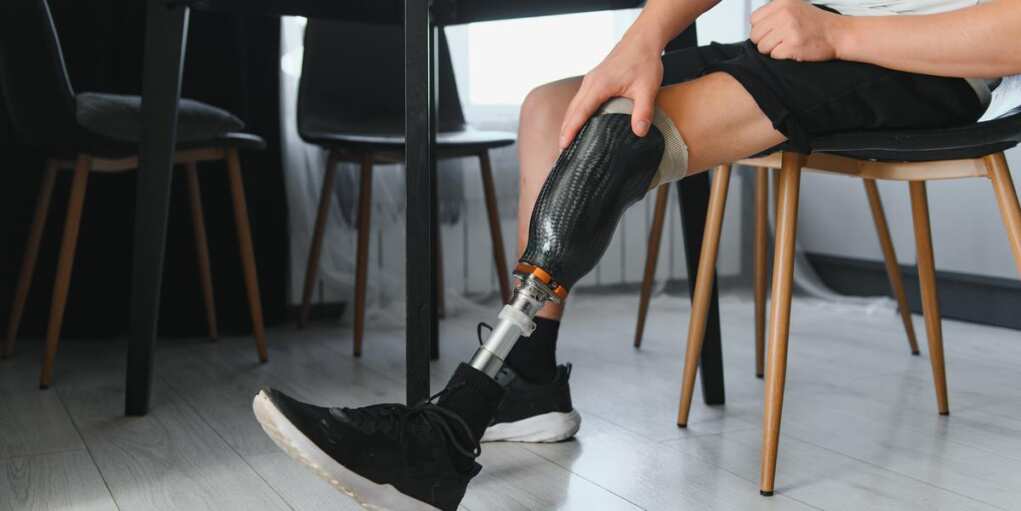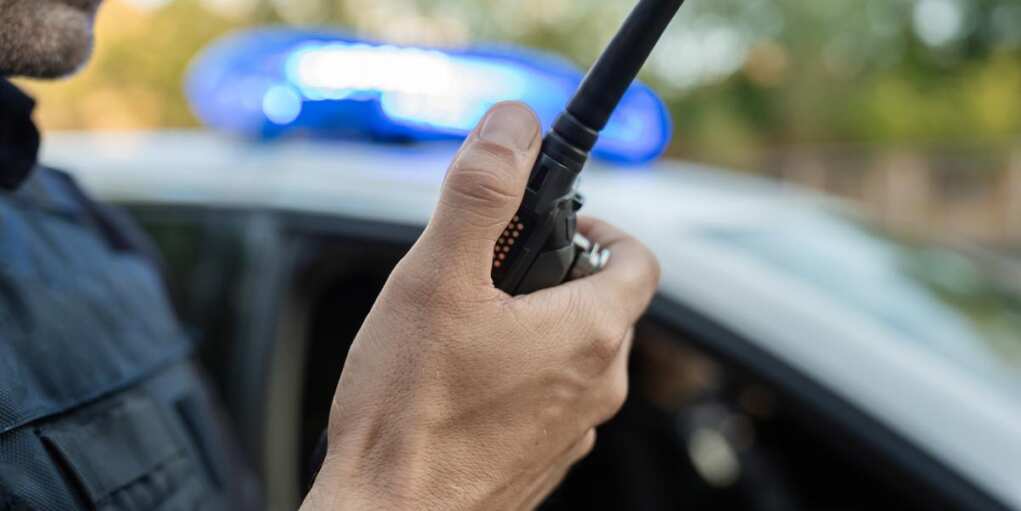FBI Agents Who Kneeled Suffer Punishment Under Trump
The FBI has reassigned several agents who were photographed kneeling during a George Floyd protest in 2020, part of a broader effort by President Donald Trump’s administration to root out ideological bias and politicization within the federal government’s most powerful institutions. The move, which has sparked predictable outrage from left-leaning media and former bureaucrats, comes […]
Another Impeachment Stunt? You’ll Be Rolling Your Eyes
President Trump just added another feather to his cap—or maybe another target to his back. On Monday, Rep. Shri Thanedar (D-MI) introduced yet another batch of articles of impeachment against Trump, making the case that the president must be removed from office… for deporting an alleged gang member. Yes, seriously. Thanedar’s big pitch? He claims […]
Supreme Court Showdown Sparks First Amendment Firestorm
The Supreme Court heard oral arguments Wednesday in a potentially explosive case that could redefine the boundaries of religious freedom and public education in America. At the center is St. Isidore of Seville Catholic Virtual School in Oklahoma, which is seeking public funding to become the nation’s first religious charter school. The outcome could set […]
Democrat Uses Your Tax Dollars to Push Hateful Anti-Trump Ads
Democratic Rep. Shri Thanedar of Michigan is under fire after using taxpayer dollars to promote billboards calling for President Donald Trump’s impeachment—just as the 45th president arrived in Michigan to celebrate his first 100 days back in office. Thanedar, a two-term backbencher who has struggled to make waves in Washington, unveiled four billboards across his […]
Trump Administration Prepares New Bailout for Americans
As trade tensions with China continue to simmer, Agriculture Secretary Brooke Rollins confirmed the Trump administration is preparing to support farmers whose livelihoods are at risk due to the ongoing trade war. Rollins said during an interview on CNN’s State of the Union that while the administration hopes a bailout won’t be necessary, plans are […]
Trump Slams Dem Fundraising Scandal and Biden’s Worst Betrayal
President Donald Trump unloaded on Sunday, calling out two major Democrat scandals: the alleged illegal fundraising operations of ActBlue and Joe Biden’s controversial use of an autopen to sign critical documents — including, allegedly, presidential pardons. In a post on Truth Social, Trump wrote, “Hopefully ACTBLUE, the Democrats ILLEGAL SCAM used to raise money, including […]
CNN’s Warns Schumer—Says He Should Be “Freaking Out”
CNN’s chief data analyst Harry Enten issued a blunt warning to Senate Minority Leader Chuck Schumer on Thursday: panic mode has officially arrived. During a segment on CNN News Central, Enten walked viewers through a staggering collapse in Schumer’s approval ratings among Democrats in his own backyard of New York. According to Enten, Schumer’s favorability […]
Walz Slams Musk Over DOGE Exit—Then Gets Roasted With His Own Words
Minnesota Governor Tim Walz picked the wrong moment to go after Elon Musk—again. On Wednesday, Walz took to social media to blast Musk over reports that he plans to scale back his role with the Department of Government Efficiency (DOGE) next month. The Politico story he linked to acknowledged Musk would still be involved as […]
Veteran Meets Trump In WH – Shares A Biden Joke With His Prosthetic Leg
President Donald Trump had a memorable moment with a group of veterans Wednesday evening when one of them revealed a patriotic—and pointed—message emblazoned on his prosthetic leg. During an Oval Office event celebrating veterans and reinstating several key VA reforms, Trump took a moment to personally engage with the group. As he moved through the […]
Veteran Officer Says Trump Lifted a ‘Burden’ Off Police With Day One Orders
Just 100 days into his second term, President Donald Trump is earning praise from the law enforcement community for restoring what many officers say has been lost over the last eight years: the ability to do their job without political interference. Sgt. Betsy Brantner Smith, a 29-year law enforcement veteran and spokesperson for the National […]
Democrats Visiting El Salvador Earn Brutal New Nickname
What began as a tone-deaf mission by Democrats to advocate for the return of a deported illegal immigrant gang member has now turned into national mockery—with House Republicans branding the group with a devastating new nickname: the “Margarita Squad.” The moniker comes in the wake of a disastrous visit by Sen. Chris Van Hollen (D-MD) […]
Trump Admin Moves To Clean Up America’s Food Supply
The Trump administration is taking a major step toward cleaning up America’s food supply—announcing plans to eliminate artificial petroleum-based food dyes linked to cancer and neurological harm. In a Monday statement, the Department of Health and Human Services revealed that HHS Secretary Robert F. Kennedy Jr. and FDA Commissioner Marty Makary will hold a joint […]
Democrat Mayor Melts Down Over Trump Border Plan
Chicago Mayor Brandon Johnson went on the attack Tuesday, hurling wild accusations at President Trump and vowing not to “negotiate with a terrorist” over the administration’s immigration crackdown. In a chaotic press conference, Johnson accused Trump of committing “terrorism” against “working people” simply for enforcing the law and threatening to cut off federal funds to […]
Court Delivers Crushing Blow To Tech Titan In Monopoly Showdown
A federal judge has ruled that Google illegally monopolized key segments of the online advertising market, marking a second devastating legal defeat for the tech behemoth in less than a year. In a 115-page decision, U.S. District Judge Leonie Brinkema found that Google violated antitrust law by locking down the ad exchange and publisher ad […]
Democrats Fight Each Other Over DNC Leadership
James Carville isn’t mincing words. The longtime Democratic strategist unloaded on David Hogg this week, blasting the 25-year-old DNC Vice Chair for helping lead a $20 million effort to unseat sitting House Democrats. On his “Politics War Room” podcast, Carville said Hogg should resign immediately from the Democratic National Committee. “He is the vice chairman […]





















